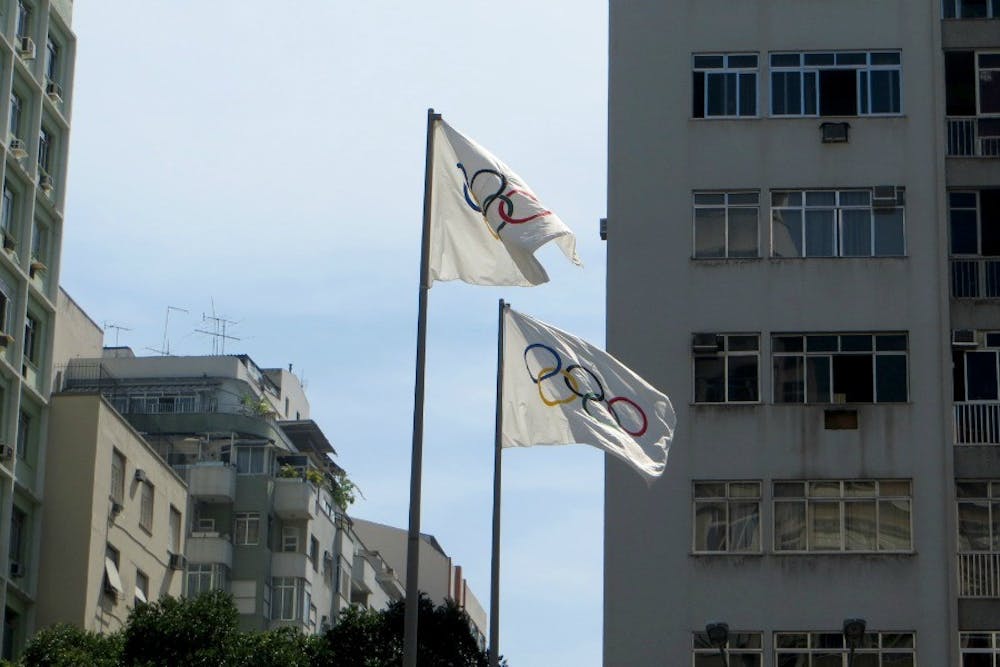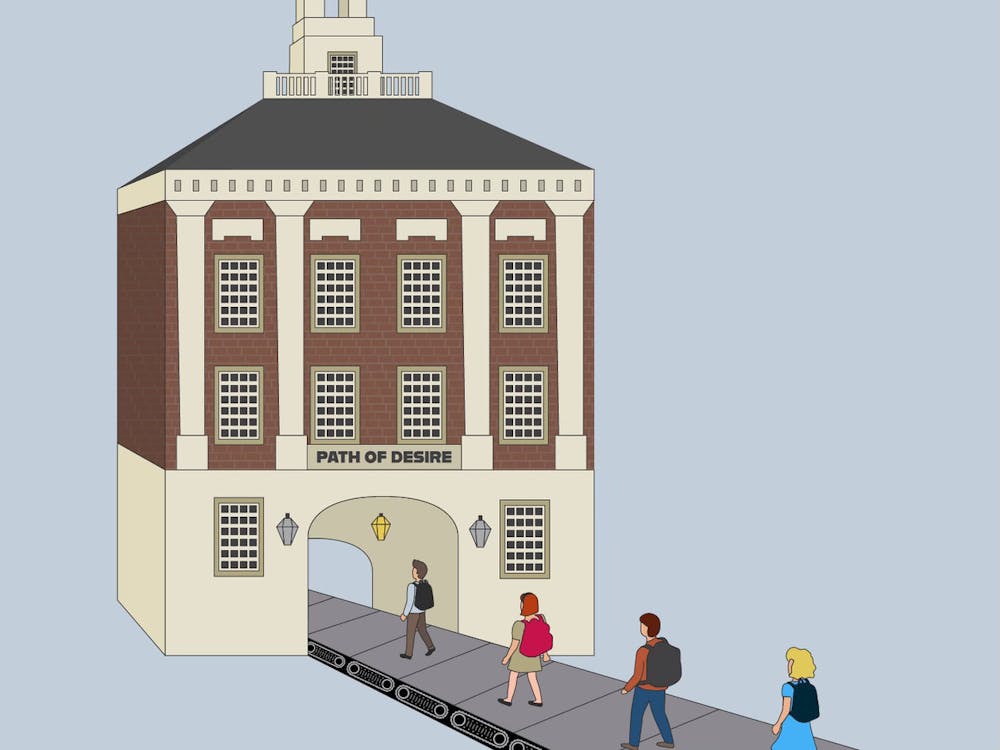The honeymoon phase is over for Brazil's vast economic expansion. And in the thick of its commitments as host for both the 2014 World Cup and the 2016 Summer Olympics Games, the slump has arrived at a particularly disagreeable time.
Brazil has barely reached two percent in annual growth since President Dilma Rousseff took office in 2011, and has been hovering around and below zero economic growth for the last year, according to estimates from the International Monetary Fund. This stagnation doesn't bode well for a country spending tens of billions of dollars in infrastructure and preparation costs.
In an effort to show off its economic strength - which is ironic, given its current plight - Brazil splurged on World Cup and Olympics spending, erecting intricate, state-of-the art stadiums, including one in the heart of the Amazon that resembles a woven basket.
When it's all said and done, the BRIC country is projected to have spent a combined amount of more than $30 billion on the two events, according to Americas Quarterly.
To put this in perspective, consider that Brazil has the seventh largest economy in the world, and that its entire agricultural sector contributes about $126 billion to the country's annual GDP - just over four times what will be spent on these short-lived events. Basically, it's a lot of money.
But, perhaps Brazil isn't to be blamed for what now comes off as reckless spending and two poorly considered commitments. After all, when Brazil was selected as host country for the World Cup in 2007, its economy was booming. And the following year, when it was bidding for the 2016 Olympic ticket, Brazil's economy continued to thrive.
Even in 2009, when the global economic crisis took its toll on the country, the rest of the world remained optimistic (and with good reason, as Brazil bounced back in 2010 to an almost-eight percent growth rate).
Then, in October 2009, the International Olympic Committee (IOC) selected Rio de Janeiro to stage the 2016 Games, marking Brazil as the first South American country to host the Olympics.
"Rio will deliver an unforgettable Games," President Lula said when the IOC announced the bid city. "You will see for yourselves the passion, the energy and the creativity of the Brazilian people."
It actually wasn't until about 2003 that Brazil's economy took off under Lula's leadership - still a young, emerging economy in 2009 - so when the bid city was announced, it should have raised some eyebrows across the globe.
But, in fact, this is true to form for the IOC, which has a reputation for selecting host countries that will gain something from the responsibility and spotlight that comes with hosting the Olympics.
For instance, many speculated that the 1998 Games in Seoul were intended to promote government reform in South Korea and the 2008 Games in Beijing an attempt at liberalizing China. In Rio's case, the IOC hoped to expedite economic development in Brazil (not to mention finally name a South American country to the spot).
Enjoy what you're reading?
Signup for our newsletter
And although this opportunity is (and the World Cup was) a great way for Brazilians to show pride in their country and to provide Brazil a better foothold in the international order, the decision was premature.
Both the World Cup and the Olympics announce their bids seven years prior to the events themselves. At the time of selection, Brazil's economy hadn't even seen significant economic growth for that many years, and given the volatile nature of state economies, it's hard to imagine a committee that would approve such a rash decision. And for Brazil to take on both events back to back - an undertaking preceded only by the United States in 1994 and 1996 - was the most irrational decision of all.
And now Brazil is paying for it - literally.




